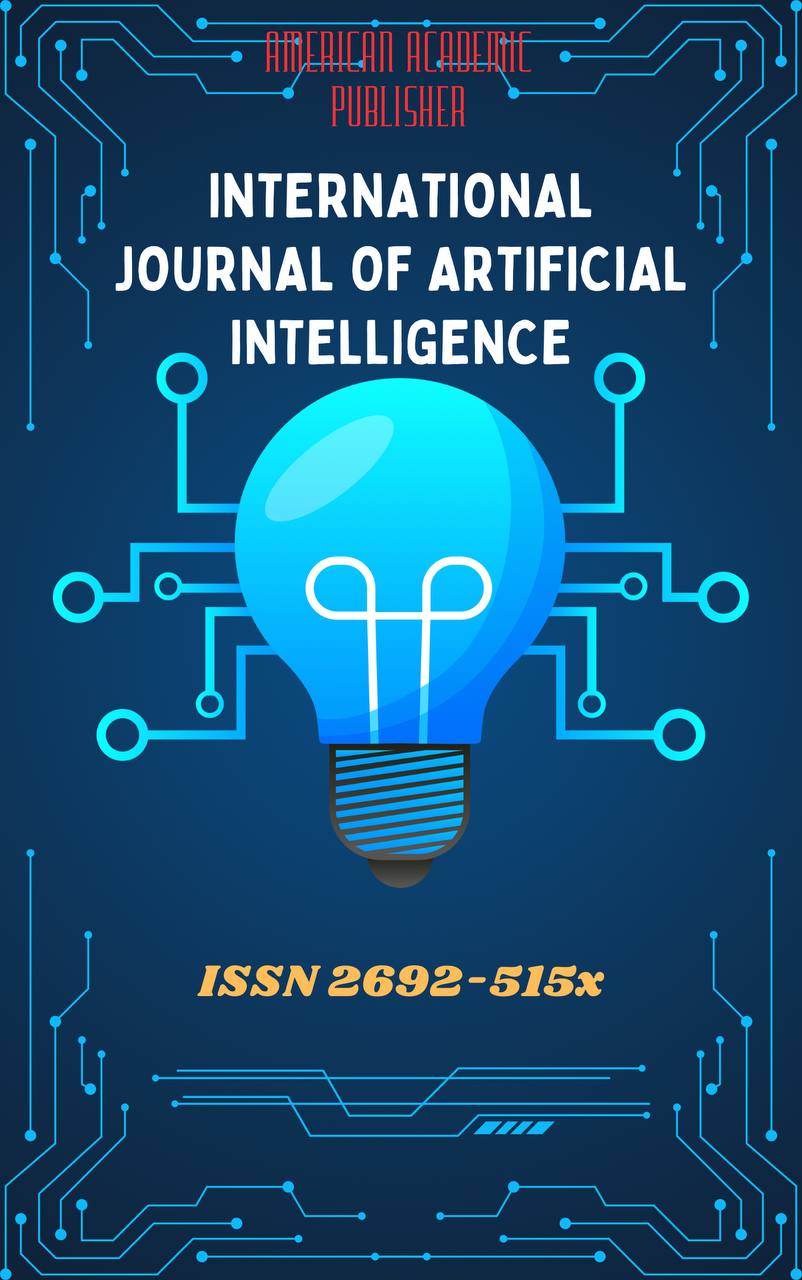 Articles
| Open Access |
Articles
| Open Access | IMPROVING THE SYSTEM OF NATIONAL INDICATORS OF POPULATION WELL-BEING ASSESSMENT IN UZBEKISTAN
Norkobilov Nusratilla Norsaitovich , Tashkent State University of Economics Independent researcher of the Department of “Macroeconomic Policy and Forecasting”Abstract
The article analyzes the issues of improving the system of national indicators for assessing the well-being of the population in the Republic of Uzbekistan. In particular, a comparative analysis of the suitability of existing statistical indicators to modern socio-economic conditions, indicators used in international practice, and proposals for further improving the system of national indicators are developed.
Keywords
population well-being, national indicators, assessment system, quality of life, digital statistics, international experience, sustainable development, regional analysis.
References
You A. Razvitie kak svoboda. M.: Logos, 2004. 360 p.
Human Development Report 2020. The Next Frontier: Human Development and the Anthropocene. New York: UNDP, 2020. 412 p.
OECD. How's Life. Measuring Well-being. Paris: OECD Publishing, 2020. 284 p.
Zhang H. Regional Inequality and Subjective Well-being in China // Social Indicators Research. 2018. Vol. 137, No. 3. P. 1081-1103.
Angner E. Subjective Well-Being: Philosophical Dimensions // Journal of Happiness Studies. 2010. Vol. 11, No. 6. P. 705–721.
Zubarevich N.V. Chetyre Rossii: spatial inequality in the social sphere and administrative reform // Obshchestvennye nauki i sovremennost. 2005. No. 3. S. 15–28.
Kusainov M.T. National indicators of prosperity: opyt Kazakhstan and prospects // Economics and statistics. 2021. #2. S. 78–85.
Mullajanov A.M. Development of human capital is the basis of a prosperous society // Economy and education. 2020. #1. B. 22–27.
Article Statistics
Downloads
Copyright License

This work is licensed under a Creative Commons Attribution 4.0 International License.

